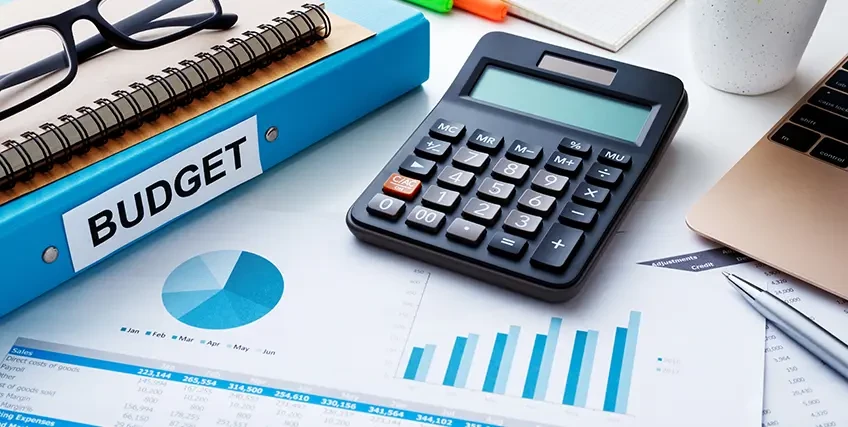Financial Literacy: Building a Secure and Informed Future

Financial Literacy, In today’s fast-paced world, understanding finances is more essential than ever. Whether you’re saving for a vacation, planning for retirement, or just trying to get through the month without running out of money, financial literacy is the foundation of smart decision-making. With the right knowledge and tools, anyone can take control of their financial future and reduce stress, build wealth, and achieve long-term goals.

What is Financial Literacy?
Financial literacy refers to the ability to understand and effectively use various financial skills, including budgeting, saving, investing, and managing debt. It’s not just about knowing the numbers—it’s about making informed decisions based on accurate financial knowledge.
Financial literacy covers a wide range of topics, such as:
- Creating and sticking to a budget
- Understanding credit scores and how to improve them
- Knowing how interest rates work
- Recognizing the difference between good debt and bad debt
- Making smart investment choices
- Planning for retirement and emergencies
The more financially literate a person is, the better equipped they are to handle financial challenges and opportunities.
The Importance of Financial Education
Many people finish school without ever learning how to balance a checkbook or read a credit card statement. Without these skills, it’s easy to fall into debt, miss payments, or fail to save for the future. That’s why financial education is so important.
Being financially literate helps individuals:
- Avoid high-interest debt and predatory lending
- Make informed decisions about student loans or mortgages
- Save consistently for big purchases or emergencies
- Understand financial products like insurance or retirement accounts
- Protect themselves from fraud or scams
A solid financial foundation gives people more control over their lives and opens doors to opportunities that might otherwise feel out of reach.
Budgeting: The First Step to Financial Health
At the heart of financial literacy is budgeting—the practice of tracking income and expenses to ensure you’re spending less than you earn. A good budget helps you:
- Prioritize essential spending like housing, food, and transportation
- Cut down on unnecessary purchases
- Set aside money for savings and investments
- Prepare for irregular expenses like car repairs or medical bills
Budgeting tools like spreadsheets, mobile apps (e.g., Mint, YNAB), or even old-fashioned pen and paper can make a big difference. The key is consistency and honesty with yourself about your spending habits.
Saving and Investing for the Future
Another core part of financial literacy is saving and investing. Saving ensures you have a cushion for emergencies, while investing helps grow your wealth over time.
Start with an emergency fund—aim to save at least three to six months’ worth of expenses in a separate, accessible account. Once that’s set, consider other goals like:
- Retirement (401(k), IRA)
- Education (529 plan)
- Buying a home or car
- Travel or personal development
Investing doesn’t require huge sums of money. With modern platforms, you can start with just a few dollars. The earlier you begin, the more time your money has to grow through compound interest.
Understanding Debt and Credit
Not all debt is bad, but managing debt wisely is a critical skill. Good debt, like a mortgage or a student loan, can help build wealth over time. Bad debt—especially high-interest credit card debt—can be financially draining.
Know your credit score and understand the factors that affect it, including:
- Payment history
- Credit utilization
- Length of credit history
- Types of credit
- New credit inquiries
Improving your credit score can lead to better loan terms, lower interest rates, and more financial flexibility.
The Role of Technology in Financial Management
Today’s technology makes managing finances easier than ever. Apps can help you track spending, set goals, monitor your credit score, and even automate savings. Online banking and digital wallets allow for instant payments and budgeting insights. However, staying informed about cybersecurity and protecting your financial information is equally important.
Conclusion
Financial literacy is not just a skill—it’s a life tool that empowers individuals to make wise choices, avoid pitfalls, and build a stable future. Regardless of income level or background, anyone can benefit from improving their financial understanding. The journey to financial freedom begins with knowledge, and with small, consistent steps, that freedom is within reach.
Read More : Understanding Financial Literacy: Building a Strong Foundation for Wealth




